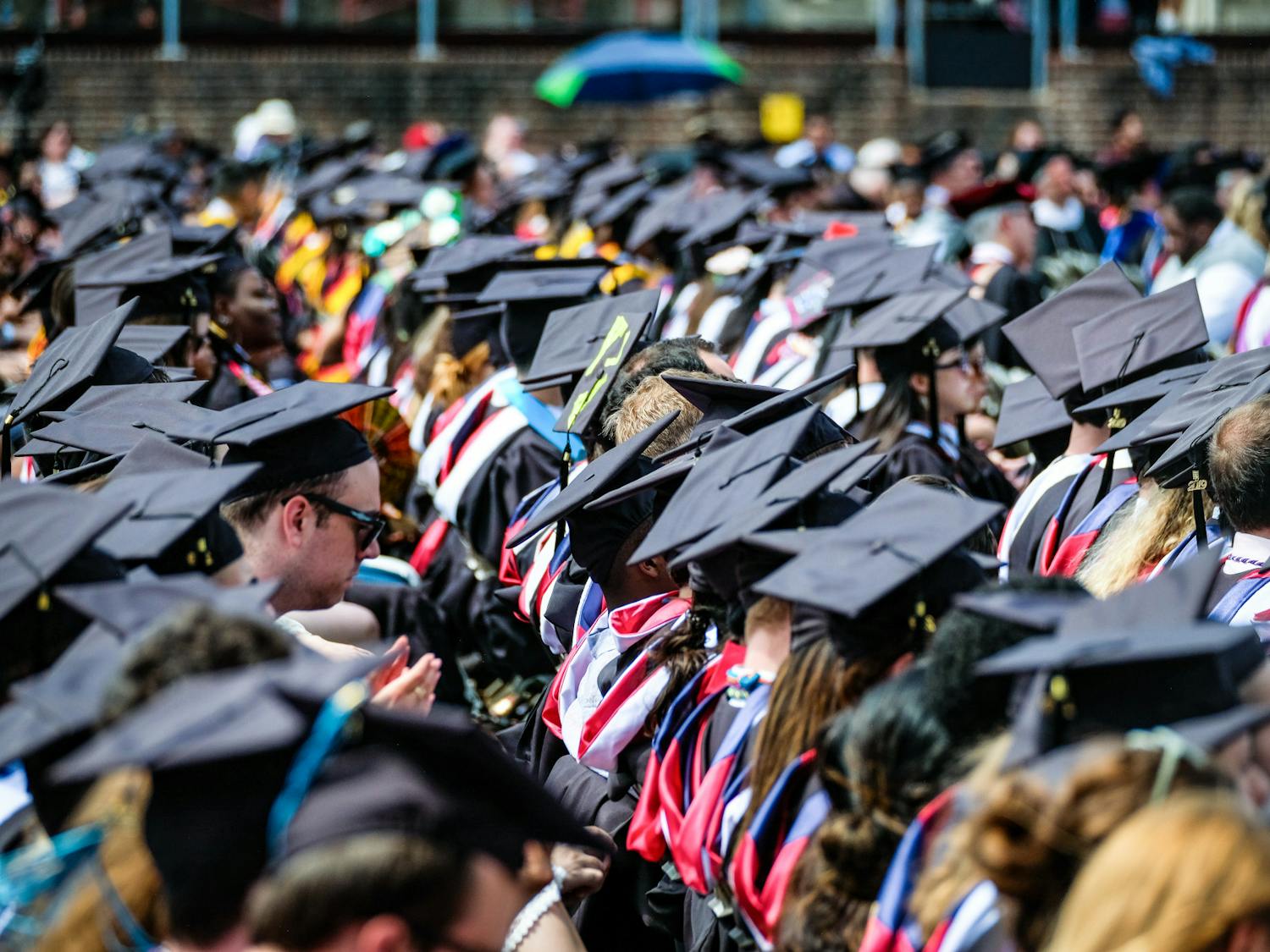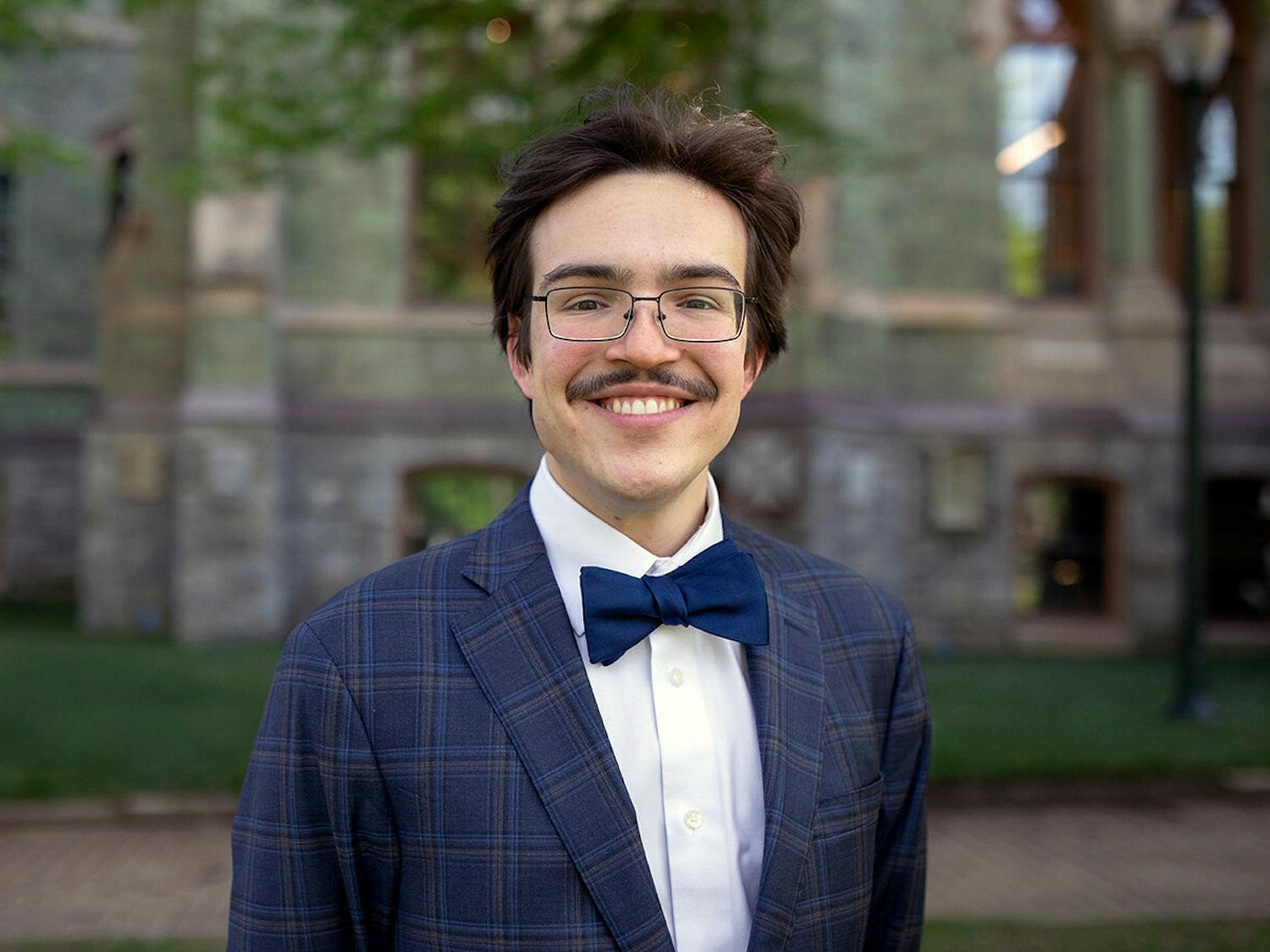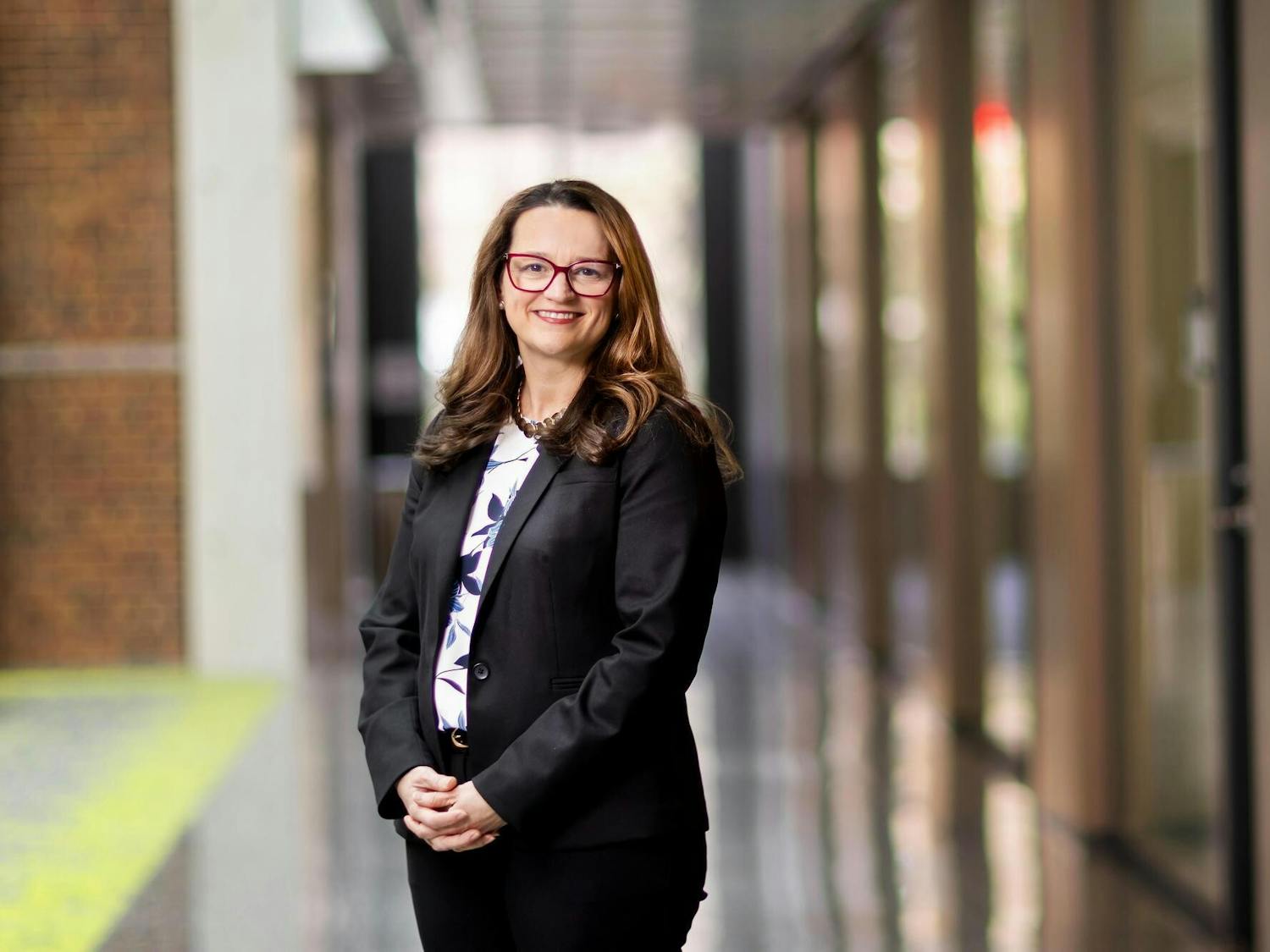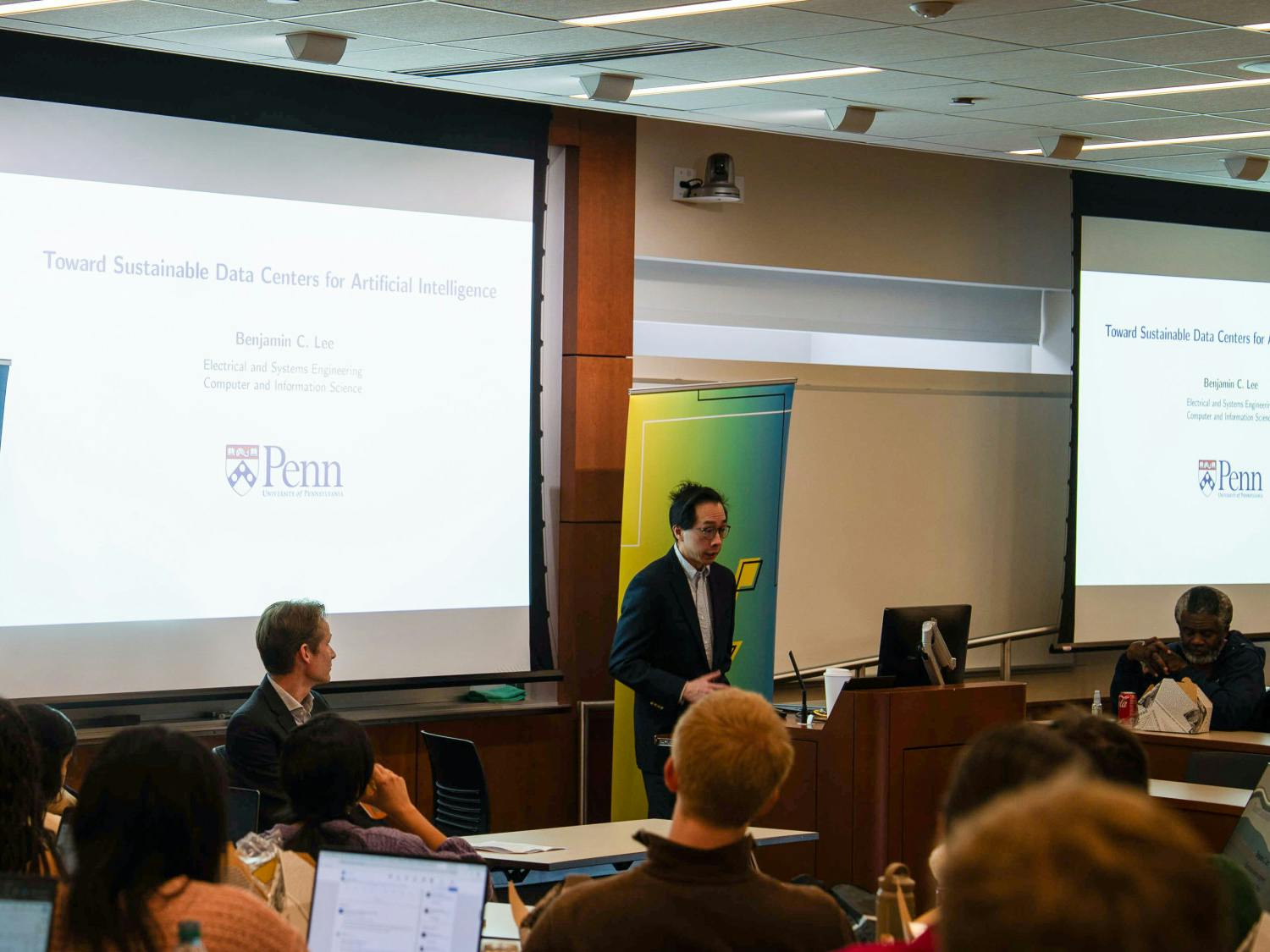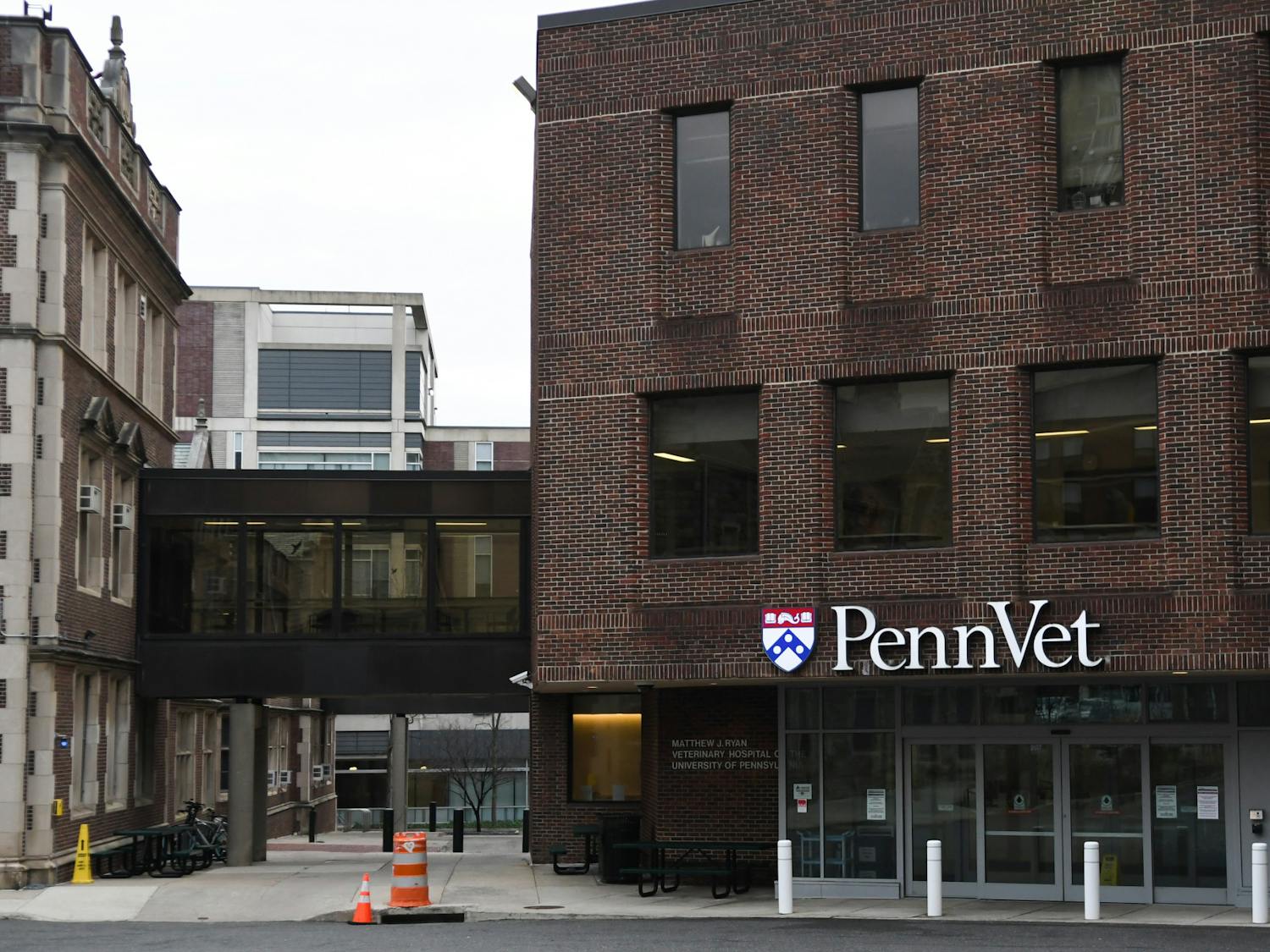As states begin to relax their COVID-19 lockdown restrictions, many global medical authorities are fearing that a near certain second wave of cases is imminent in the United States, following record highs in recent daily hospitalizations for COVID-19 and increasing numbers of daily cases in Texas and Florida.
After conducting a detailed state-by-state data analysis, Dr. Jeffrey Morris, Director of Biostatistics at the Perelman School of Medicine, found little evidence to suggest that relaxing restrictions and lifting lockdowns will be the sole reasons for a surge.
“Whether it’s a second surge or not depends on our behavior as a community. If we wear masks in public and avoid big crowds indoors, we can probably avoid a second surge in the fall and in the winter as well," Morris said.
The analysis, which Morris last updated on June 12 and published two days prior, showed potentially significant growth in infection for only seven states, primarily concentrated in the South and Southwest. Though Texas was not one of the states Morris found to have a significant increases, Dallas, Houston, and El Paso all showed signs of growing infection rates.
"[Reopening] has clearly not yet been the disaster that some predicted," Morris wrote in his analysis.
Morris divided states into three groups based upon the date which they began reopening. Within the three categories, Morris grouped states together by looking at coronavirus infection rates showing signs of decline, stability, or increase.
Morris wrote in his analysis that the early opening states have "not produced an immediate, broad surge in cases as some people feared," Morris wrote. His study found that most of the early openers experienced stable rates, five had declined rates, and four had increased rates.
Morris said of all the lifted state restrictions, those that allow people to be inside together in public places are causing cases to rise. He added the virus spreads much more easily indoors and said that as more people begin venturing out to bars and restaurants, coronavirus infections will continue to rise nationally.



